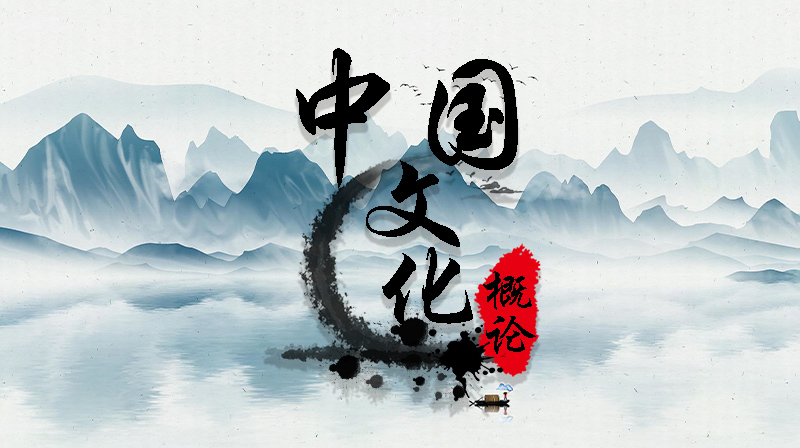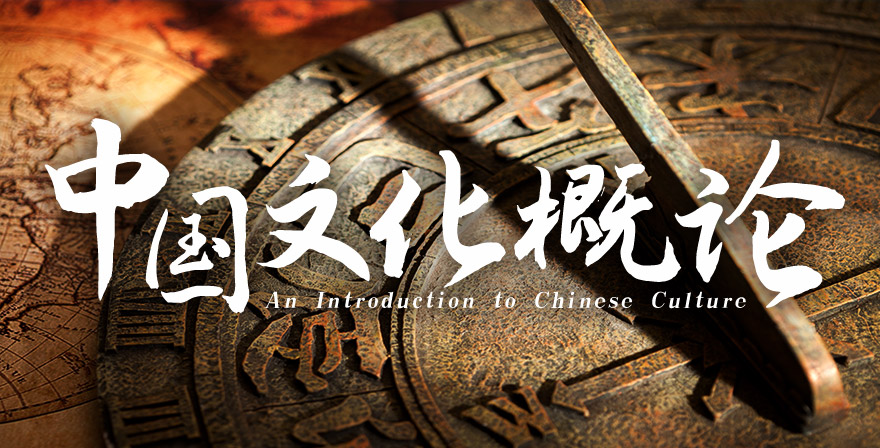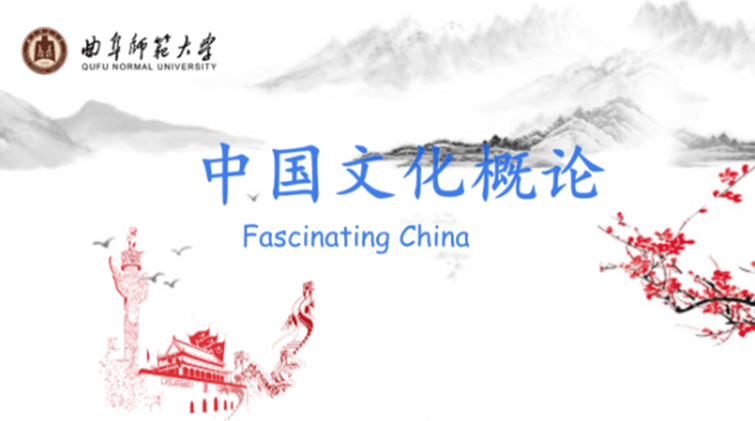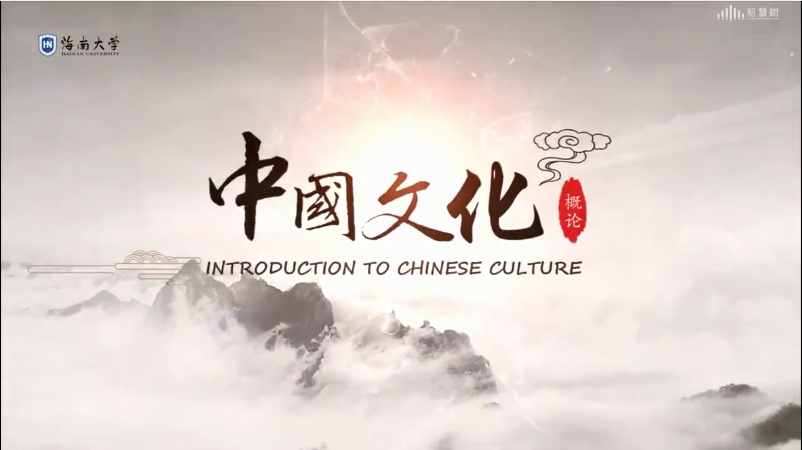曲阜师范大学
- What are the distinctive features of kunqu in its music performance?
- How does Confucius impact Chinese mind?
- Please read the following case and analyze it from an intercultural perspective. Your foreign friend Tony has a sore throat. Western doctor considers it as a throat problem, yet after taking many pills, there seems to be no sign of improvement. A Chinese medicine doctor may diagnose it as the imbalance of spleen and stomach. Try to persuade Tony to see a TCM practitioner according to what you have learned in this course.
- Confucius said, “One should make no social distinctions in teaching”. Do you agree with him?
- Your foreign friend Chris sent his 13-year-old son Tony to a Chinese high school where Tony was exposed to Chinese-style of teaching: he was forced to stay in school for longer days and strict discipline; after each exam, test scores and rankings were posted publicly; and Tony was not allowed to use a calculator in class. By using what you have learned in this course, you please explain this “unexpected experience” of Tony to his father by analyzing the merits and demerits of Chinese-style of teaching.
- Please read the following case and analyze it from an intercultural perspective. Ms. Cole is a newly hired American teacher in China. After she arrived at her school, her Chinese students and colleagues have been very nice to her. They often volunteered to show her around, take her to restaurants, accompany her to shopping malls and check in with her to make sure she is not lonely. But she complained to her friends in US that she was being smothered! At the same time, when she teaches, her students mostly remained quiet without volunteering to answer questions or ask questions. She is very concerned that her students do not like her or her class. She became very upset and wondered why the students treat her this way!
- What did Bertolt Brecht learn from Mei Lanfang?
- Chinese people’s heavy emphasis on Gaokao and Imperial Examination indicates their high value on_____
- The seven main areas of TCM includes the following except ______
- Chinese landscape painters tend to adopt ______ perspective(s) to depict the beauty of nature.
- The purpose of devising the five relationship (ruler and minister, father and son, elder brother and younger brother, husband and wife, friend and friend) is to ______. Which of the following answer is NOT correct.
- When Chinese people say “nali nali” in response to a compliment, they mean_____.
- Which province in China is well known for making ink?
- Mianzi is not about ______.
答案:The distinctive features of kunqu in its music performance include: 1. Melodic singing (tan): Known for its graceful and melodic singing style, emphasizing smooth, flowing tones and intricate melodies. 2. Soft percussion: The use of gentle, subtle percussive accompaniment, which complements the delicate vocal performances. 3. String ensemble: A prominent role is played by traditional string instruments like the pipa, erhu, and sanxian, creating a rich harmonic background. 4. Slow and elegant movements: Kunqu incorporates slow, precise, and graceful gestures and movements synchronized with the music. 5. Use of tanci: Narrative songs that blend singing and spoken dialogue, often used to advance the plot or express emotions. 6. Rhythm patterns (juban): Complex rhythmic structures that underpin the singing, allowing for expressive variation and emotional depth. 7. Poetry in lyrics: Kunqu lyrics are highly poetic, with a strong emphasis on literary elegance and the use of classical Chinese verse forms.
答案:Confucius has profoundly influenced the Chinese mindset by laying the foundation of Confucianism, which emphasizes social harmony, filial piety, respect for hierarchy, personal virtue, and self-cultivation. His teachings have shaped Chinese society's values, education, governance, and interpersonal relationships for over two millennia, promoting a culture of order, morality, and mutual respect.
答案:From an intercultural perspective, it's important to respect and consider diverse approaches to healthcare. Encourage Tony to explore Traditional Chinese Medicine (TCM) as an alternative, given its holistic approach that views the body as an interconnected system. Mention that TCM might address underlying imbalances, like the spleen and stomach, which could be contributing to his sore throat, offering a different pathway to recovery. Emphasize the value of cultural openness and trying methods that have been effective for millions worldwide.
答案:Yes, I agree with Confucius that one should make no social distinctions in teaching. Education should be accessible and equal for all individuals, regardless of their social status, gender, ethnicity, or economic background.
答案:Merits of Chinese-style teaching: 1. Emphasis on discipline and hard work. 2. Rigorous academic curriculum. 3. High emphasis on math and science. 4. Strong foundation in memorization and test-taking skills. 5. Group-oriented learning fosters collaboration. Demerits of Chinese-style teaching: 1. Heavy workload may cause stress. 2. Little emphasis on creativity and critical thinking. 3. Public ranking can lead to pressure and competition. 4. Lack of individual attention due to large class sizes. 5. Restriction on tools like calculators may hinder practical skill development.
答案:From an intercultural perspective, Ms. Cole's experience highlights cultural differences in social behavior and educational norms between the United States and China. 1. **Hostility vs. Hospitality Misinterpretation**: Ms. Cole feeling "smothered" by her students' and colleagues' attentiveness reflects a cultural misunderstanding. In China, it is common for hosts to demonstrate warmth and generosity through constant company and assistance, especially to foreigners, as a sign of respect and hospitality. This contrasts with American cultural values that emphasize independence and personal space. 2. **Collectivism vs. Individualism**: The quietness of her students in class may be attributed to China's more collectivist culture, where group harmony is prioritized over individual assertiveness. Students may hesitate to speak up without being called upon to avoid drawing unwanted attention to themselves or appearing to challenge authority. In contrast, American classrooms encourage active participation and speaking up, which is seen as a sign of engagement and critical thinking. 3. **Educational Etiquette**: Silence in the classroom can also be a sign of respect for the teacher in Chinese culture, where teachers hold high status. Students may be listening attentively but prefer to show their understanding through nods or written work rather than verbal interruptions. 4. **Expectation Mismatch**: Ms. Cole's expectations of classroom interaction, shaped by her American background, clash with the more reserved behavior of her Chinese students, leading to her concerns about their liking her class. To address this situation, Ms. Cole could benefit from understanding these cultural nuances, adjusting her teaching approach to encourage participation in ways that align with Chinese cultural practices (e.g., using group work, anonymous question boxes), and communicating her preferences for personal space respectfully while appreciating the cultural gestures of kindness and hospitality.
A: traditional costumes B:alienation device C:body posture D: singing technique
答案:alienation device
A: guanxi B:family C:modesty D:education
答案:education
A:Exercise and Massage B:Acupuncture and Herbal Medicine C:Diet Therapy and Cupping D:Moxibustion and Injection
答案:Moxibustion and Injection
A:multiple B:one C:double D:zero
答案:A: multiple
A:set up a structure in which the lower class gives obedience to the higher B:bring about societal order C:bring equality in the society D:bring about harmony
答案:C: bring equality in the society
A:thank you. B: they don’t think so. C:they ask you where is good. D:they don’t like it.
答案:thank you.
A:Huangdong B:Anhui C:Jiangxi D:Shejiang
答案:Anhui
A: respect B:dignity C:honor D:narcissism
答案:narcissism




